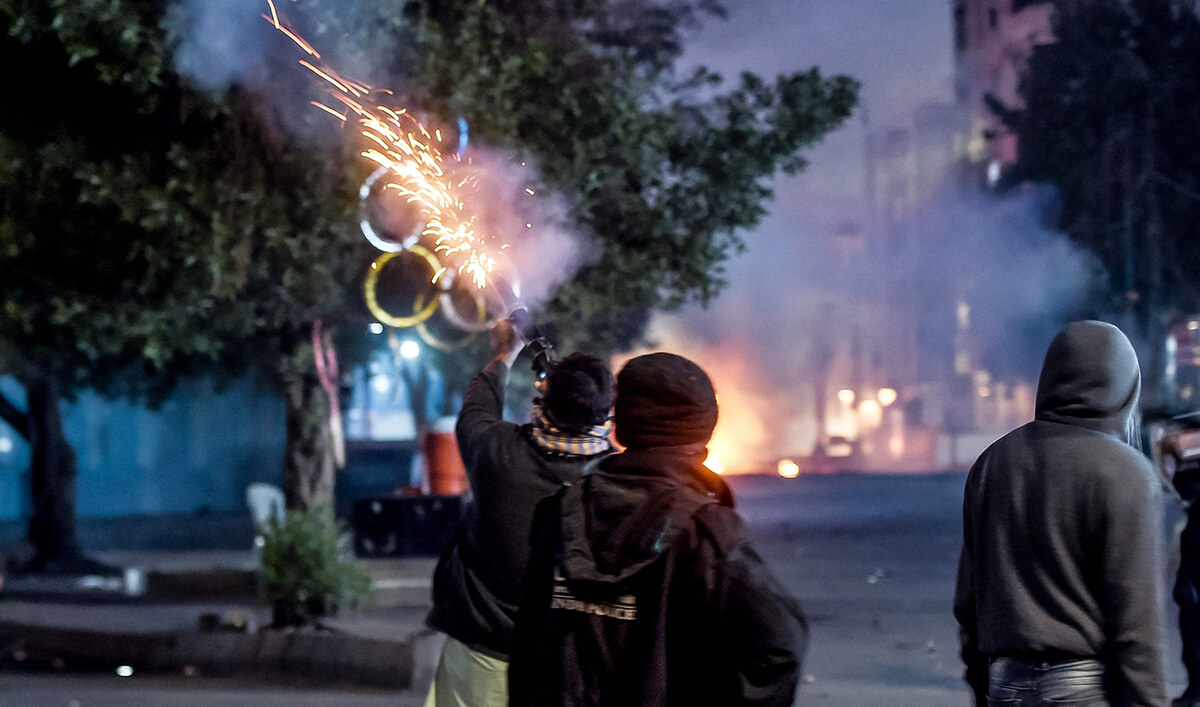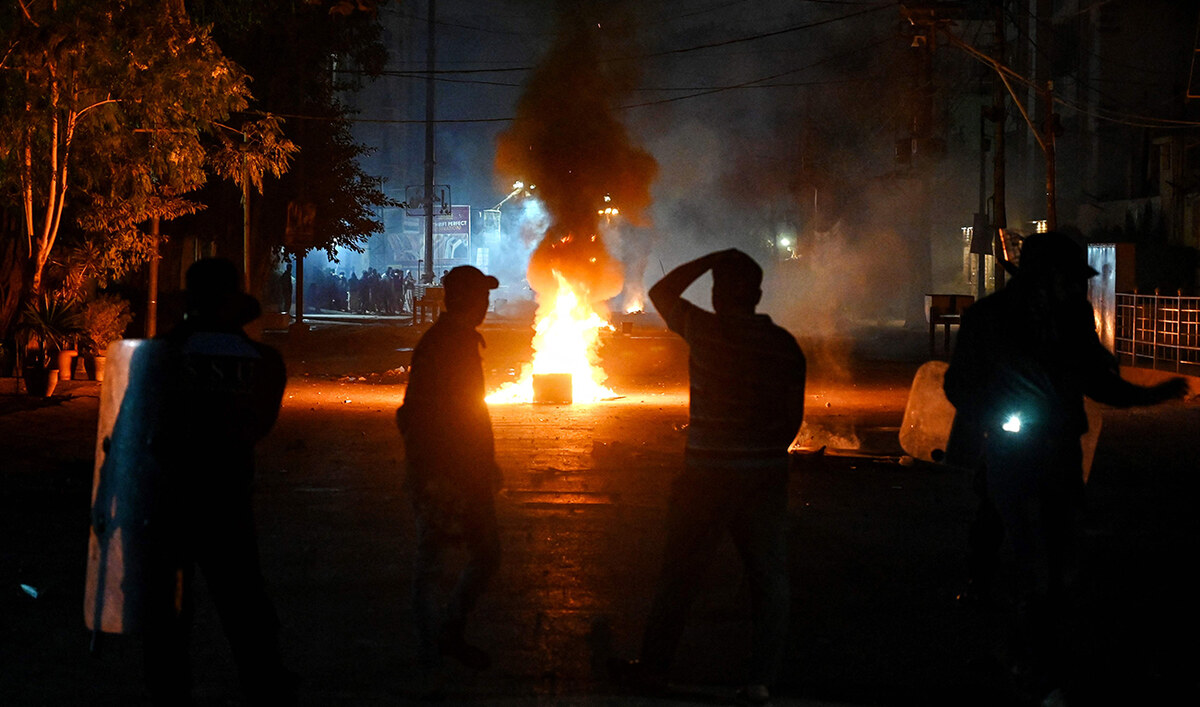ISLAMABAD: A massive leak from one of the world’s biggest private financial institutions, Credit Suisse, has allegedly exposed the hidden wealth of major banks clients, including hundreds of Pakistanis, international and local media reported.
The Organised Crime and Corruption Reporting Project (OCCRP), a network of journalists from around the world, said despite two decades of pledges by Credit Suisse to crack down on illegitimate funds, data leaked from the bank revealed it catered to dozens of criminals, dictators, intelligence officials, sanctioned parties and political actors with outsized wealth.
“Accounts identified by journalists as potentially problematic held over $8 billion in assets,” OCCRP said in statement on its website, adding “compliance experts who reviewed journalists’ findings said many of these customers should not have been allowed to bank at Credit Suisse at all.”
According to Pakistani English daily newspaper, The News, a partner of OCCRP in the investigation, 1,400 Pakistani citizens were linked to approximately 600 Credit Suisse accounts.
Among the people listed as holding amounts worth millions of dollars in Credit Suisse accounts was the head of the Pakistani intelligence agency, General Akhtar Abdur Rahman Khan, who "helped funnel billions of dollars in cash and other aid from the United States and other countries to the mujahedeen in Afghanistan to support their fight against the Soviet Union," the New York Times reported.
"In 1985, the same year President Ronald Reagan called for more oversight of the aid going into Afghanistan, an account was opened in the name of three of General Khan’s sons. (The general never faced charges of stealing aid money.) Years later, the account would grow to hold $3.7 million, the leaked records show," the Times said.
Two of the general’s sons, Akbar and Haroon Khan, did not respond to the Times' requests for comment for the reporting project. In a text message, a third son, Ghazi Khan, called information about the accounts “not correct,” adding, “The content is conjectural.”
In response, Credit Suisse said it was unable to comment on specific clients but “strongly rejects the allegations and inferences about the bank’s purported business practices”, which it said were “based on partial, selective information taken out of context, resulting in tendentious interpretations of the bank’s business conduct”.
The latest leak follows the Panama Papers in 2016, the Paradise Papers in 2017 and the Pandora Papers last year. They all shed light on the secretive workings of banks, law firms and offshore financial-services providers that allow wealthy people and institutions — including those accused of crimes — to move huge sums of money, largely outside the purview of tax collectors or law enforcement.
In a tweet on Monday, Pakistan’s Information minister Chaudhry Fawad Hussain said corruption and money laundering were the "most important problem" for countries like Pakistan.
“The story of Panama, Pandora and now Swiss accounts - first steal money then send it out of the country," the minister said. "Corruption and money laundering is the most important problem of countries like Pakistan."
“@ImranKhanPTI [Prime Minister Imran Khan] is continuously raising voice on this issue that rich countries to stop this exploitation from poor countries.”
Last year, the "Pandora Papers" leak revealed the names of about 700 Pakistanis, including current cabinet members, who were allegedly holding millions of dollars in hidden wealth abroad.
In 2017, Pakistan’s former three time Prime Minister Nawaz Sharif was ousted by the country's Supreme Court over allegations of wealth revealed in the Panama Papers.




















